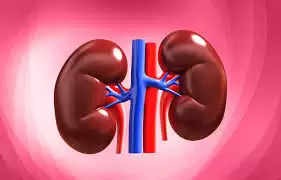
Due to Delhi's scorching heat and less water consumption, cases of kidney stones are increasing rapidly among people in the age group of 20-40 in the city. Dr Anoop Gulati, director of urology and kidney transplant at Fortis Escorts Hospital, Faridabad, told the Times of India that there has been a 30-40 percent increase in cases of kidney stones among young people in the last month.
The reason for this is heat and the dehydration it causes. This problem is most common among young people because they stay out in the sun for college and office, which makes them sweat a lot and causes dehydration in the body. In such a situation, understanding the relationship between dehydration and kidney stones is very important for your health.
How does dehydration cause kidney stones?
According to the National Institutes of Health, Kidney stones are a common side effect of dehydration. When there is a lack of water in the body, urine production decreases. This causes minerals to accumulate together, leading to the formation of kidney stones.
This is how you can recognize that your kidneys need water
Less urination
heavy breathing
Tiredness
Weakness
low or high heart rate
Confusion swelling
In the legs
Symptoms of kidney stones
Persistent severe pain in the back or side
Blood in the urine
fever and chills
vomit
Foamy urine with a strong smell
Urine
Burning sensation while urinating
Preventive Measures
The most effective way to prevent kidney problems caused by dehydration is to drink enough water. Also, eat seasonal vegetables and fruits. By doing this, you can reduce the risk of dehydration in the body and the problems caused by it.
 look news india
look news india